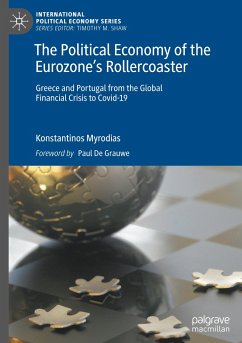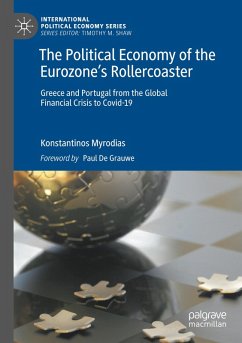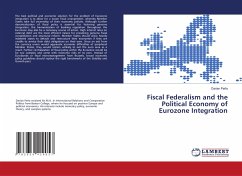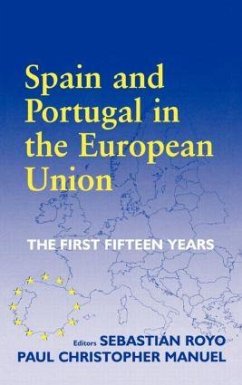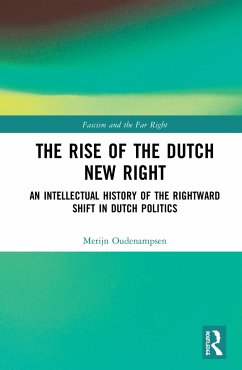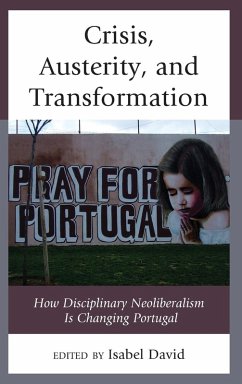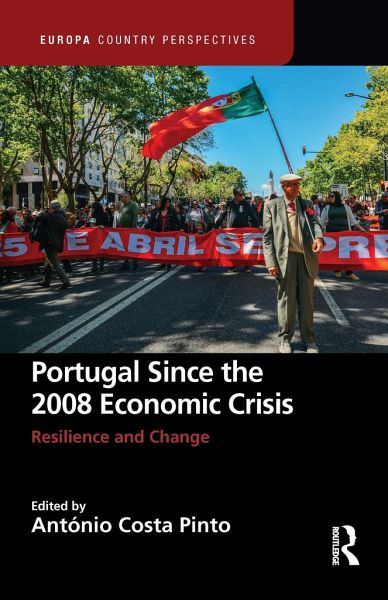
Portugal Since the 2008 Economic Crisis
Resilience and Change
Herausgeber: Costa Pinto, António
Versandkostenfrei!
Versandfertig in 1-2 Wochen
171,99 €
inkl. MwSt.

PAYBACK Punkte
86 °P sammeln!
Portugal joined the European Union (EU) in 1986, but the enduring legacies of the country's transition process from authoritarianism to democracy became apparent during the European sovereign debt crisis, when Portugal experienced its third bailout since the institutionalization of democratic government.



